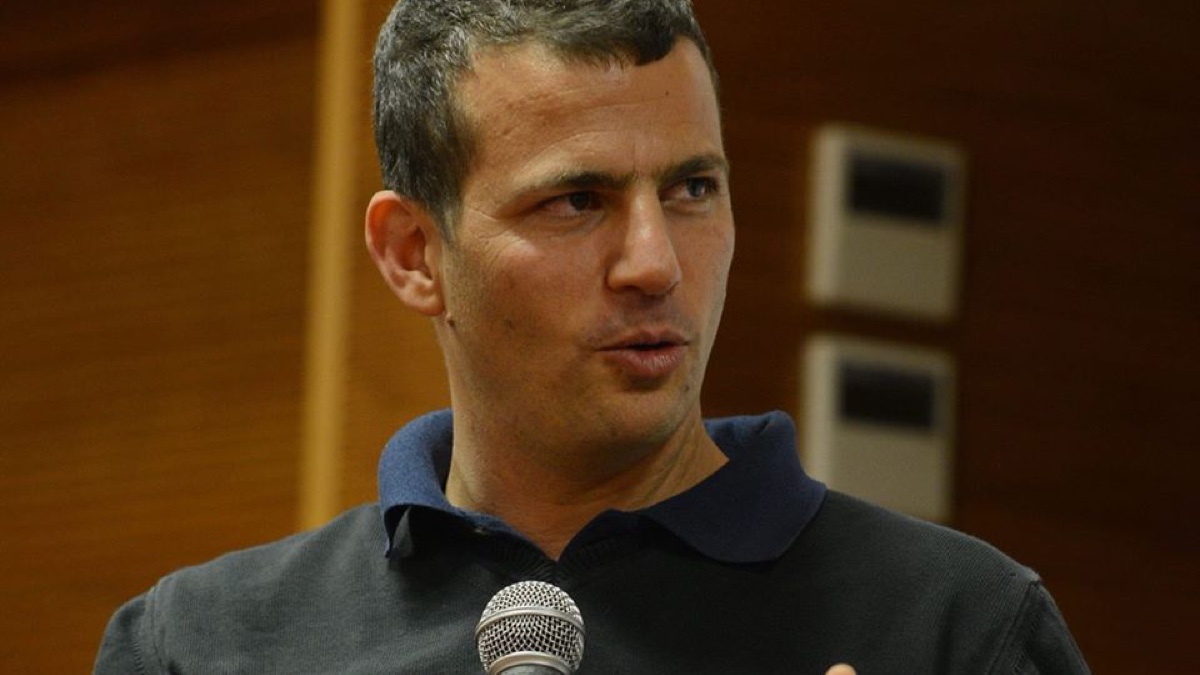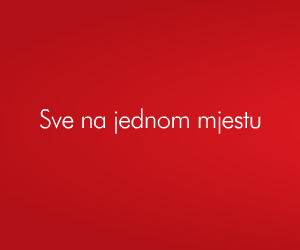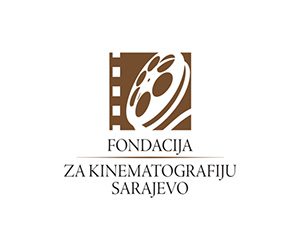
23/08/2019 Mediterranean film festival
Only the truth can normalize a complicated region
On the night of March 5, 2002, a terrorist opened fire on diners in a Tel Aviv restaurant. Druze policeman Salim Barakat bravely stopped him, but was killed by the terrorist. For years, Jamal, Salim's brother, has been attending police ceremonies in commemoration of his brother. Suspecting they may be withholding information, he sets out on a quest to find out who killed him.
The film ''Cause of Death'' by Israeli director Ramy A. Katz * tells the story of a grieving man who faces the Israeli security system and the state of Israel. He has worked on the film for years and tried to show how difficult it is to reach the truth when it comes to seeking answers from state structures. Katz talks about the importance of documentaries, emphasizing that the task of a documentary is not to give answers, but to encourage people to ask questions
We live in an age of terrorism. Is it a fact that prevents individuals, like your hero, from coming to the real truth, which, obviously, is packaged in a terrorist package in which the truth can be concealed?
This is an interesting observation. I think that the truth wasn't concealed from the hero of "Cause of Death", Jamal, by terrorism. I think it was concealed by the people who investigated the file. I'm still not sure what the real motive was. People tend to agree to give up their basic rights when it comes to "national security issues", and some people in law enforcement sometimes take advantage of that for their own purpose.
It's been a long time since the tragic event the film talks about and the film's realization. Is it equally difficult to discover the real side of the story then and now?
It's definitely much harder to investigate a crime scene 10 years after it happened. It took almost 6 months to get to 150 people that were present at the crime scene. It took me almost two years to get the information from the National Institute for Forensic Medicine and more than one year to get the material from the Israeli National Archive. Apart from the bureaucracy problems, people tend to adapt their own version to the truth. As time passes they look for a more convenient truth and live by a different story of what really occurred. But these differences are the 'bread and butter' of a good investigative film. All of us lie to ourselves to some level, don't we?
And in this movie, through the story of an individual, you want to answer the universal question. Are documentaries a way of empowering the individual and his questions to the world?
Thank you for this question. I believe that documentaries should encourage people to ask questions, and not to give answers. I do believe documentaries are a powerful tool that through the journey of the individual can affect others. Jamal's journey is an example of a man who is willing to pay a price in order to get to the truth. Should we all live a comfort lie or be in a constant search for the truth? Should we believe in everything that we are being told or show more responsibility for the story we tell our children? These stories may affect the future.
Can movie stories trigger the dialogue we all need?
When a movie gives us, the spectators, the opportunity to see things in more than one way, we already succeeded as filmmakers in starting a dialogue. People will always think differently from each other, if they only had the chance. Now they only need to be given the opportunity to share their thoughts with each other. If as a filmmaker, I've succeeded to give my spectators a moment of reflection, I've granted some more points on my way to heaven.
The prejudices that came from the fear are something that people in our own and your region live on. The complicated truth seeks to be respected in its complex state. Is it possible to come to the truth?
Yes. Truth always has its way of getting exposed to the light. "Truth" does not necessarily refer only to the way that the things had happened but it can also be referred to as the way us as human beings understand it, and tell it to others. Do we tell a human story? Do we tell a moral story? Or maybe all we want to achieve in the way we tell our story is to produce more 'noise' to the world, so we can satisfy our spectators/consumers most basic needs? Story telling involves responsibility, of both sides, the story teller and the listener. Only truth can bring normalization to a complex region. Sometimes it has to come from a place of compassion; the feeling of giving up something is a part of this process. And it is not easy to give up a good story.
In the movie ‘Cause of Death’ we also get to know the life of Druz, a minority living in Israel. Can you bring this community closer to us?
It's not an easy thing to be a Druze in Israel. On the one hand they are loyal to the Israeli state. On the other hand they speak Arabic, which unfortunately is the language most of Israel's enemies speak. This automatically puts this minority in conflict. What makes it even more complicated being Druze in Israel, is the fact that the biggest employer of Druze community in Israel is the security forces. Apart from that, the Druze are not Muslims. They have their own secret belief that kept them safe for many years. They also believe in re-incarnation.
What did you wanted to say with this movie?
Human beings need heroes. Heroes can only exist as part of a STORY. Can you imagine a hero that doesn't belong to a story? How was this story created? Who wrote it? Why did he choose this hero for this specific story? What were his intentions? Stories have power. They shape the reality. Our moral responsibility as moral human beings is to be critical about them, to be in a constant search for the truth.




